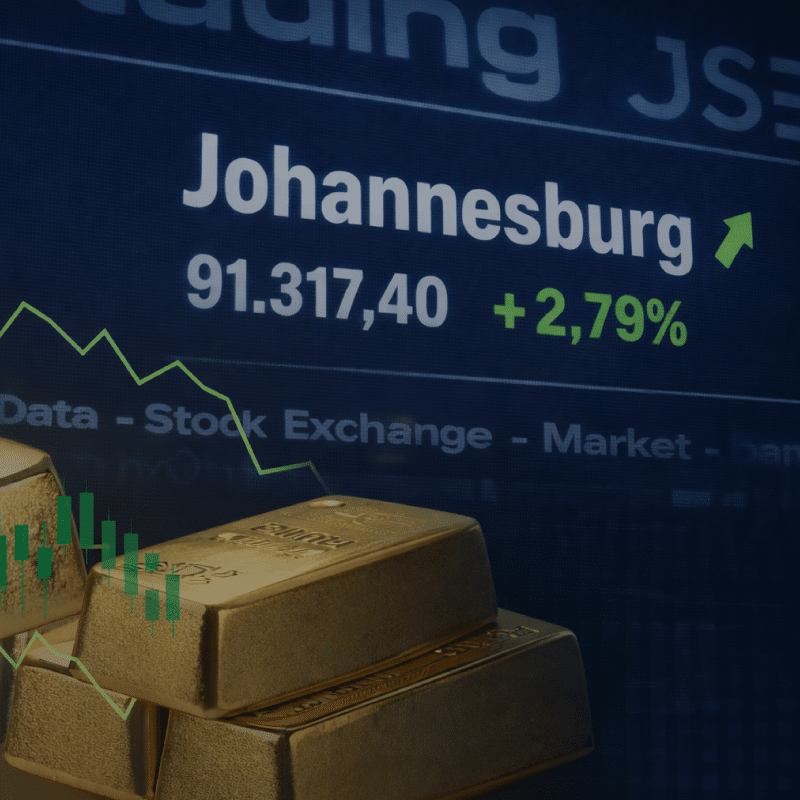Anchor received a question from Bloomberg regarding rising geopolitical risk in Europe, the Middle East and Africa (EMEA) region. Anchor has exposure to the region through its funds, such as the BCI Africa Flexible Income Fund. Below, we share Casey Delport’s thoughts as provided to Bloomberg.
Investing in emerging markets (EMs) carries an inherent level of geopolitical risk that characterises these regions, and any investor must remain vigilant around geopolitical factors (such as political instability, conflicts, and shifts in government policies) that would naturally influence investment outcomes. A prudent strategy necessitates the continuous monitoring of these factors and the readiness to adapt investment decisions accordingly. At Anchor, we have established a risk management framework that includes ongoing assessments of geopolitical developments and contingency plans to mitigate potential adverse effects. This proactive approach enables us to capitalise on opportunities while safeguarding against geopolitical uncertainties.
With regard to the conflict in Israel, given that it is still in the very early stages, there is no certainty on how the current situation will unfold. However, the longer the conflict lasts, the more likely it is that other key countries in the Middle East, such as Iran or Saudi Arabia, might be drawn into it, either directly or indirectly. As such, the current concern revolves around the timeline for resolving the conflict. If it were to escalate further, we anticipate that the strain on oil markets would significantly escalate, potentially leading to even more pronounced market disruptions. As Europe enters 2024 with expectations of lower economic growth, an elevated oil price will be a drag on economic expansion. This impact is twofold – first, it directly raises fuel costs, and second, it indirectly influences interest rates.
The consequences are also negative for the US, but that country’s relatively stronger economic growth offers a buffer. Notably, the US Federal Reserve (Fed) has already begun signalling its intention to maintain higher interest rates for longer. This scenario may then translate into an actual increase in the Fed funds rates, which, in turn, could bolster the US dollar. Consequently, the prospect of a US recession becomes more plausible than current market pricing suggests. For the rest of the world, particularly for oil-importing nations like South Africa (SA), elevated oil prices translate to increased fuel costs and inflationary pressures. This, in turn, compels monetary policy to tighten further and to remain at elevated levels for a more extended duration than is presently anticipated.
Looking at Africa, we maintain a positive medium-term outlook for the African markets in which we hold exposure, primarily driven by the improving macroeconomic landscape. However, we anticipate challenges related to funding constraints and other factors in the near term. As such, issuing eurobonds will continue to prove challenging for many African markets. Nonetheless, alternative funding options such as multilateral funding and syndicated loans are being explored, but the cost of borrowing in Africa is still high. While it appears that rates in developed markets (DMs) have peaked, which would be positive for EM debt, credit quality in many African markets has deteriorated in the face of fiscal challenges. However, despite the current increased geopolitical risks, we believe 2023 still offers some opportunities to add risk. Naturally, individual credit fundamentals have become increasingly more important, with a substantial amount of credit risk currently priced into African bonds.
Regarding Senegal, economic prospects look favourable, but there are some political risks ahead of the next presidential elections slated for February 2024. Despite a significant decline in protest activity following President Macky Sall’s decision not to run for a third term, social stability risks remain relatively high due to ongoing perceptions of opposition marginalisation. Nevertheless, a significant decrease in inflation is expected to mitigate some risks of social unrest. We believe that Senegal’s eurobonds could get cheaper going into the elections, providing a better buying opportunity. On supply, c. US$700mn of gross budget financing for 2023 is allocated to “other capital flows”, but Senegal is exploring other avenues and may look more to syndicated loans. Technicals and improving fundamentals should support bonds once the political risk blows over. For Egypt, hard currency bonds have remained cheap compared to most peers for some time now. Still, we believe that improving fundamentals, a gradual shift in market technicals, and a muted supply could make Egypt compelling again over the medium term.
Domestically, SA’s precarious fiscal situation has again come under the spotlight, with the Medium Term Budget Policy Statement (MTBPS) looming on 1 November. The latest estimates point to this year’s revenue shortfall amounting to around R50bn-R60bn, with further spending pressures on the horizon as the politicking begins in earnest ahead of the 2024 national elections. Political risk ahead of the elections scheduled for 2024 could naturally weigh on bonds and local markets as a whole. The consensus among political analysts points to a base case where the ruling African National Congress (ANC) will amass 45%-49% of the votes. This scenario would enable the ANC to form a governing coalition with some of the minority parties, excluding the two main opposition forces. This would ensure policy continuity and maintain the current pace of reform. A major risk to the market is if the ANC fails to win more than 45% of the votes, which would force it to seek a coalition with either of the two main opposition parties. This could result in policy changes and reform delays affecting the economic outlook.




